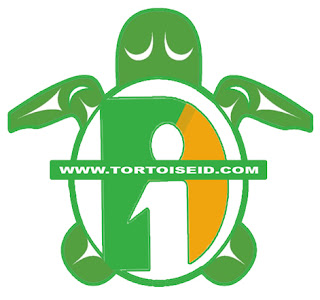DESCRIPTION
Common Name: Burmese Star Tortoise
Scientific Name:Geochelone Platynota
Current Size: 11CM
Average Adult Size: 10-14"" (females larger)
Area of Origin: Myanmar
Description: Black shell color with yellow lines radiating out of the scutes. These pretty species are a high domed tortoise, with males normally quite a bit smaller than the taller, rounder, wide females. Skin color is yellow. Some amount of pyramiding (where the centers of the scutes on the shell are raised, making the tortoises look bumpy) is seen in some wild star tortoises - likely the ones from lower humidity areas. These are critically endangered in the wild, and are thought to be functionally extinct in the wild (not enough left to maintain animals in the future). There are major breeding and reintroduction efforts going on in Myanmar, and they are slowly getting repopulated in the wild. Local people and Chinese (illegally) use them as a food source.
Habitat:Hot climates. Humidity is ok for them, but the cage and substrate should not be wet. They do not hibernate, but will go through a winter slow down period during cooler weather and shortened day lengths. As adults, they can safely handle body temperatures as low as 50 degrees at night as long as they are able to heat up into the 70's during the day. Summer highs up to 120 degrees can be tolerated as long as there is a cooler, shaded retreat the tortoise can get into. Dampness is not a problem in high temperatures (a cool mud hole on a hot day), but in cooler weather the tortoises should be kept dry.
Diet:This tortoise is naturally a grazer, and will wander about nibbling on grass the majority of its natural life. In captivity, star tortoises will graze on grasses as well as leafy weeds and clover (dandelions are a favorite). As babies, we focus more on feeding them a wide mix of leafy greens (spring mix), since they have a harder time eating the more tough grass. Vegetables can be added to the diet for variety, but fruit should generally be avoided.
Adult Behavior:Adult star tortoises are peaceful, slow moving tortoises. They are un-aggressive towards eachother in most cases, and do little damage to their environment (little or no digging or burrowing). Some individuals can be skittish if spooked, but most will eagerly come to their keepers looking for food once they are comfortable in their environments. They are not very good climbers and make little attempt to escape, so a short, basic wall will contain most of these tortoises.

